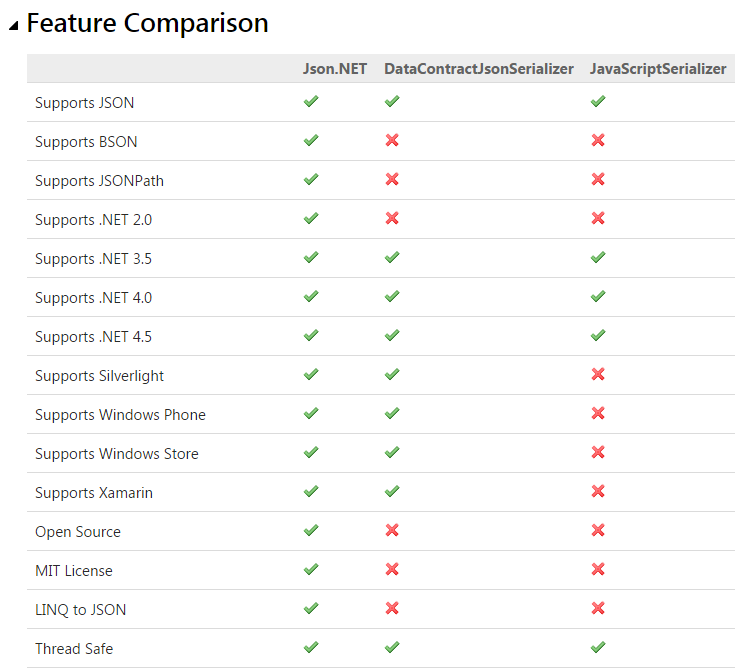I'm trying to reduce the amount of garbage my web service generates, and I noticed that we're creating a new Json.NET JsonSerializer instance for each request. It is not the most lightweight object ever, so I'm wondering if I can just create a single instance and reuse it for all requests. Primarily this requires that it be threadsafe during serialization and deserialization.
The documentation doesn't say whether it's threadsafe or not.
Inspecting the code it appears that the serialization and deserialization methods are threadsafe, as long as you don't change any settings on the object at the same time. However, it's a complex class so I'm not 100% sure of my analysis.
Has anyone tried reusing instances of JsonSerializer and had it work or not? Are there any known problems with reusing it?

